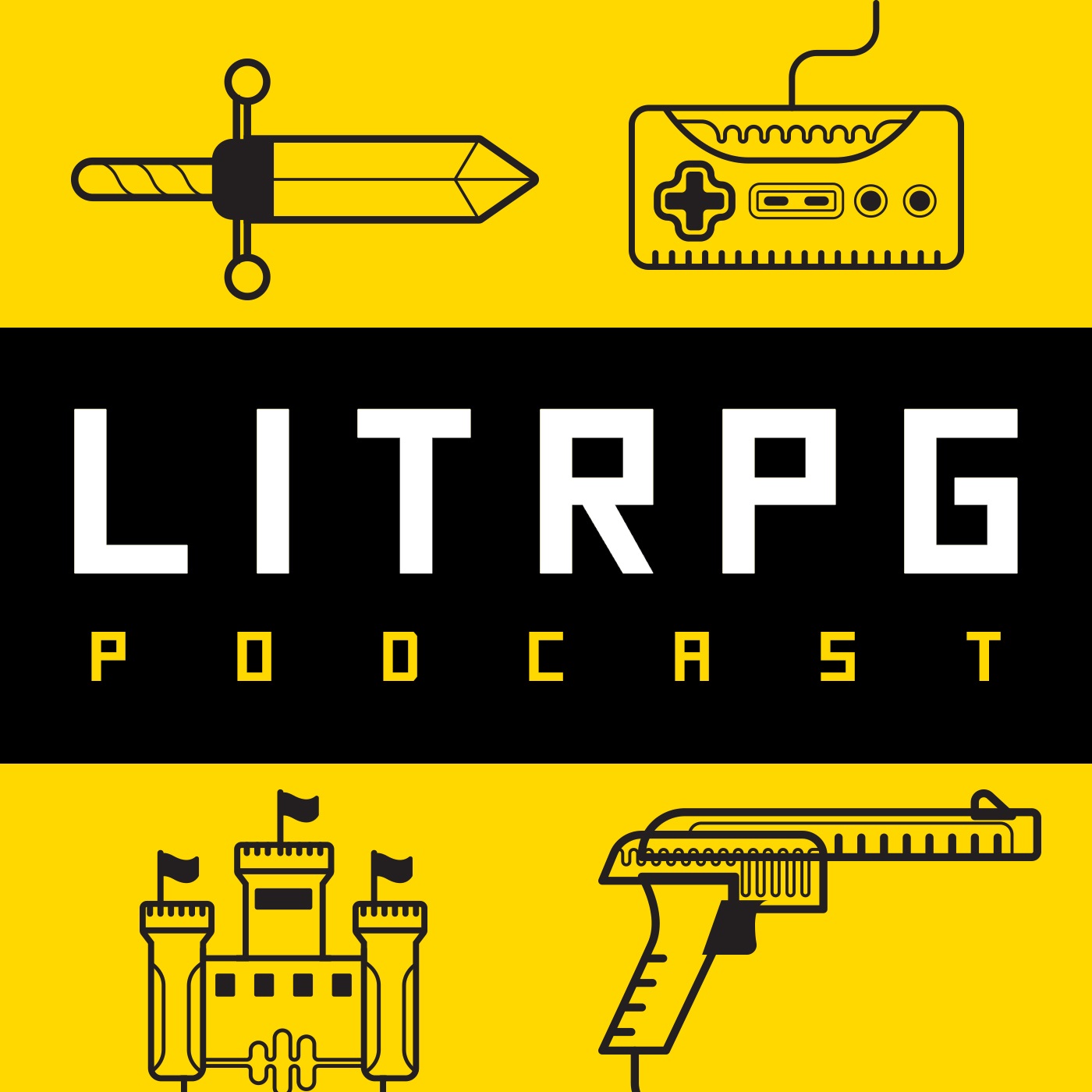In 6 days, my real body dies. Unless I solve the riddle to transition into a virtual reality, it’s game over.
Orianna is thrown into a deadly virtual world of magic and monsters. The power hungry leader of the Dragon Hunters guild offers her a choice – sacrifice an innocent to save herself, or risk everything and become the first person ever to solve the riddle.
With clues pointing to the Dragon Gate and her time disappearing fast, how can she find something that’s supposed to be a myth? If she does succeed, it’ll undermine the foundation of the biggest guild in the game.
Are you ready to play for your life?
Zones of Alacria: The Dragon Gate is the first book in the Experimental Alchemist epic fantasy LitRPG series, which contains game mechanics, crafting, tons of Easter Eggs and pets (no harems or swearing). If you enjoy unique magic, along with page turning action and adventure, then you’ll love this mind-bending quest.
My Opinion: 628 pages, $3.99, Available On Kindle Unlimited
Full disclosure: I received an advanced copy for review. I purchased a copy when it became available.
The author has written a few non fiction how to write books, but this is her first LitRPG publication. I’ll be honest, I was worried that this novel was going to be another write to market story by a non-gamer trying to make a buck. While the plot in the novel is severely forced, the actual game stuff is nicely done and you can tell there’s a gamer writing it.
The story puts the main character (MC) from a dystopian Hunger games inspired world into a VR game where she must solve a riddle in six days or die. Even if she does solve the riddle, her body dies and she’s just uploaded into the game. Once there in the game world, the MC must contend with not only figuring out the riddle she is given, but a slew of problems that include an evil guild, mysteriously corrupted animals, and mistreated NPCs.
This novel has a plot that advances fairly regularly at the expected turning points (25%, 33%, 50%, 66%, 75%, 90%) and between those points the story is slice of life filler with adventures, small quests, crafting, and XP grinding. The plot portion of the story is the part I like the least because not only is it fairly predictable, it often feels forced. From the hunger games in VR setup, to the main character (MC) being given or stumbling into everything to solve plot conflicts, to the many ways the plot ignores the game mechanics to force the story in a particular direction, to the cliffhanger ending, it was often rather frustrating as indicated by the many places in the notes while reading saying: ‘wt??’ and ‘that doesn’t match the game stuff’.
However, it’s the ‘filler’ between the forced plot that saved the story for me. It's in these sections that exist to give the MC something to do between plot points that the author just has fun with her characters. The MC goes on adventures, dungeon quests, talks to NPCs, or crafts. While it’s a bit slice of life and most of what happens here doesn’t affect the plot, with the exception of a few plot items, these sections not only add action to the story, but often develop game mechanics, flesh out characters, or just adds some nice world building. Very little in these sections feels forced, instead the adventuring and crafting develop naturally and you can tell the author was having fun playing around with different systems and letting them develop. Yes, there are still places where an item or power is forced into existence because it’ll be used for the plot later, but those are few.
On the game mechanic side, things are mostly good. The system is well thought out and when the described RPG system is followed, mostly in the slice of life parts, you can tell that the author has lots of gaming experience. You’ll see regular character sheets, a magic system, an alchemy and crafting system, pet raising, skill and item descriptions, and lots of RPG progression. No classes though, more of a free form skill system. It’s only when the story returns to the ‘plot’ sections that the game mechanics get ignored and you see things happen that don’t make sense according to the described systems or are ‘fantasy flexible’ and feel like they belong in a fantasy story.
Overall, I enjoyed the novel in spite of the forced plot. I’ll admit, I felt frustrated every time the story returned to the ‘evil guild’ stuff or ‘six days to solve a riddle’ thing. But I was entertained enough by the sections between to still enjoy myself, barely. I don’t think that I’d read a 2nd book in the series though.
Score: 7.1 out of 10
Zones of Alacria: The Dragon Gate: Epic GameLit / LitRPG (The Experimental Alchemist Book 1) (Aug. 31st, 2019)

